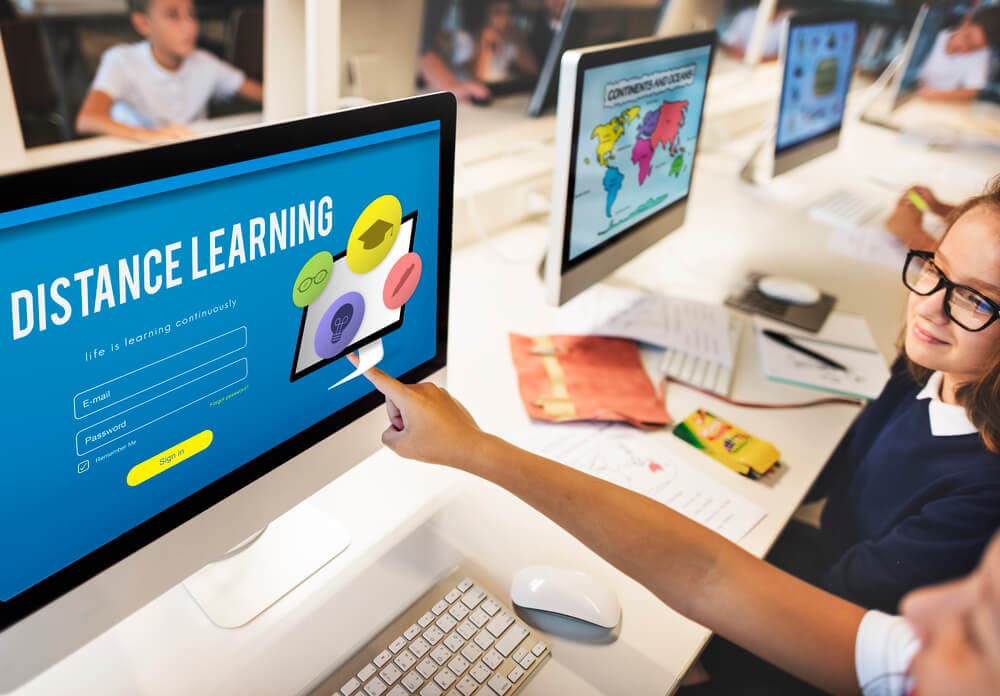In recent years, the landscape of education has undergone a significant transformation, with online learning emerging as a predominant mode of instruction. For Dutch learners, this shift presents both opportunities and challenges as they navigate the virtual classroom. While online education offers flexibility and accessibility, it also requires adaptation and resilience in the face of new obstacles.
Cultural Adaptation: Embracing Diversity
Online education transcends geographical boundaries, allowing Dutch learners to interact with a diverse array of peers and educators from various cultural backgrounds. This rich tapestry of perspectives enriches the learning experience and encourages Dutch students to broaden their horizons beyond their own cultural norms and values.
In the virtual classroom, Dutch learners have the opportunity to engage in meaningful exchanges with individuals from different parts of the world, each offering unique insights and experiences. By actively participating in discussions, collaborative projects, and cultural exchange activities, Dutch students can gain a deeper appreciation for the diversity of human experiences and perspectives.
Embracing this diversity not only enhances the educational experience but also fosters a sense of inclusivity and belonging among Dutch learners. Recognizing and valuing cultural differences creates an environment where all students feel respected and understood, regardless of their background.
To thrive in this multicultural setting, Dutch learners can take proactive steps to cultivate cultural sensitivity and awareness. This may involve learning about the customs, traditions, and social norms of other cultures, as well as exploring the historical and sociopolitical contexts that shape people’s worldviews.
Simple gestures, such as greeting classmates in their native language or celebrating cultural holidays and festivals together, can go a long way in building rapport and fostering mutual respect. Additionally, participating in cross-cultural discussions and collaborative projects encourages Dutch learners to challenge their assumptions and broaden their perspectives.
By actively engaging with diverse perspectives and experiences, Dutch students not only enhance their academic learning but also develop essential skills for global citizenship and intercultural competence. Embracing diversity in the online classroom lays the foundation for a more inclusive and equitable society, where individuals from different backgrounds can come together to learn, grow, and thrive.
Language Barriers: Breaking Down Walls

In the dynamic landscape of online education, language proficiency is paramount for Dutch learners seeking success in virtual classrooms. While English often serves as the lingua franca of instruction, many Dutch students may face hurdles in achieving fluency and comprehension. These language barriers can impede their ability to fully engage with course materials and participate actively in discussions.
To surmount these obstacles, Dutch learners must prioritize language learning and practice to enhance their proficiency. Engaging in regular language exercises, both formal and informal, is essential for honing linguistic skills and building confidence in communication.
Formal language courses tailored to the needs of Dutch learners can provide structured instruction in grammar, vocabulary, and pronunciation. These courses offer a systematic approach to language acquisition, guiding students through progressively challenging exercises and assessments.
In addition to formal instruction, informal language practice is equally valuable for reinforcing linguistic skills and fluency. Immersing oneself in English-language media, such as movies, TV shows, podcasts, and books, can expose Dutch learners to authentic language use in various contexts. Engaging in conversations with native English speakers, whether through language exchange programs or online discussion forums, offers valuable opportunities for practical application and feedback.
Moreover, leveraging technology can be instrumental in overcoming language barriers in online education. Translation tools and language learning apps can facilitate comprehension and communication, enabling Dutch learners to navigate course materials with greater ease. These digital resources offer interactive exercises, flashcards, and audio recordings to support language acquisition in a dynamic and engaging manner.
Furthermore, online language tutoring services provide personalized guidance and support to Dutch learners seeking to improve their English proficiency. Skilled tutors offer one-on-one sessions tailored to individual learning goals, addressing specific areas of difficulty and providing targeted feedback to enhance linguistic skills.
By embracing a multifaceted approach to language learning and leveraging available resources effectively, Dutch learners can break down the walls of language barriers in online education. With dedication, perseverance, and a commitment to continuous improvement, they can unlock new opportunities for academic and professional growth in an increasingly interconnected world.
Technological Hurdles: Harnessing Digital Literacy
Access to technology is a critical factor shaping the online learning experience for Dutch students. While some may have ready access to high-speed internet and modern devices, others may face barriers due to socioeconomic disparities or geographic constraints. Bridging this digital divide is essential to ensure equitable access to online education for all learners.
Efforts to address this issue require a multi-pronged approach, including infrastructure development, affordability initiatives, and digital literacy training. Governments, educational institutions, and community organizations must collaborate to expand broadband infrastructure and provide subsidies for low-income families to access essential technology.
Moreover, developing digital literacy skills is imperative for Dutch learners to navigate the complexities of the online learning environment confidently. Digital literacy encompasses a range of competencies, including the ability to use digital tools effectively, critically evaluate online information, and protect one’s privacy and security online.
From navigating learning management systems to collaborating on virtual projects, Dutch students must feel empowered to leverage technology to enhance their learning experience. Providing comprehensive training and support in digital literacy equips students with the skills they need to succeed in an increasingly digital world.
Educators can integrate digital literacy instruction into the curriculum, offering hands-on exercises and tutorials to help students master essential digital skills. Additionally, online resources such as video tutorials, interactive modules, and webinars can supplement classroom instruction and provide additional support to learners.
By fostering digital literacy skills among Dutch learners, we empower them to harness the full potential of online education and thrive in an increasingly digital society.
Community Engagement: Building Connections
Community engagement is a cornerstone of success for Dutch learners in the online education landscape. Building meaningful connections with peers and educators fosters a sense of camaraderie, support, and belonging, which is essential for academic achievement and personal growth.
In virtual learning environments, where physical distance separates students and instructors, cultivating a sense of community is paramount. Dutch students can leverage various online platforms and tools to connect with their peers, collaborate on projects, and engage in discussions.
Online forums, discussion groups, and social media channels provide avenues for Dutch learners to interact with their classmates outside of the virtual classroom. These platforms facilitate the exchange of ideas, the sharing of resources, and the formation of study groups, enhancing collaboration and peer learning.
Additionally, virtual study sessions and group projects offer opportunities for Dutch learners to collaborate on academic tasks and support each other’s learning. By working together towards common goals, students develop teamwork skills, deepen their understanding of course materials, and build strong relationships with their peers.
Peer mentoring programs further strengthen the sense of community among Dutch learners by pairing experienced students with newcomers to provide guidance, support, and encouragement. Mentors offer valuable insights, tips, and advice based on their own experiences, helping new students navigate the challenges of online learning more effectively.
Finally, virtual social events and extracurricular activities provide opportunities for Dutch learners to connect with their peers in a relaxed and informal setting. Whether through virtual game nights, online workshops, or cultural exchange events, these activities foster a sense of belonging and camaraderie among students.
By actively participating in the online community, Dutch learners not only enhance their learning experience but also cultivate lifelong connections and friendships that extend beyond the virtual classroom. Community engagement strengthens the bond between students, fosters a supportive learning environment, and contributes to overall academic success and well-being.
Conclusion: Empowering Dutch Learners in the Online Era
As Dutch learners embrace the opportunities of online education, they must also confront the challenges that accompany this new mode of learning. By prioritizing cultural adaptation, language learning, digital literacy, and community engagement, Dutch students can overcome these barriers and thrive in the virtual classroom. With resilience, adaptability, and a commitment to continuous learning, Dutch learners can seize the full potential of online education while staying connected to their Dutch identity and cultural heritage.
